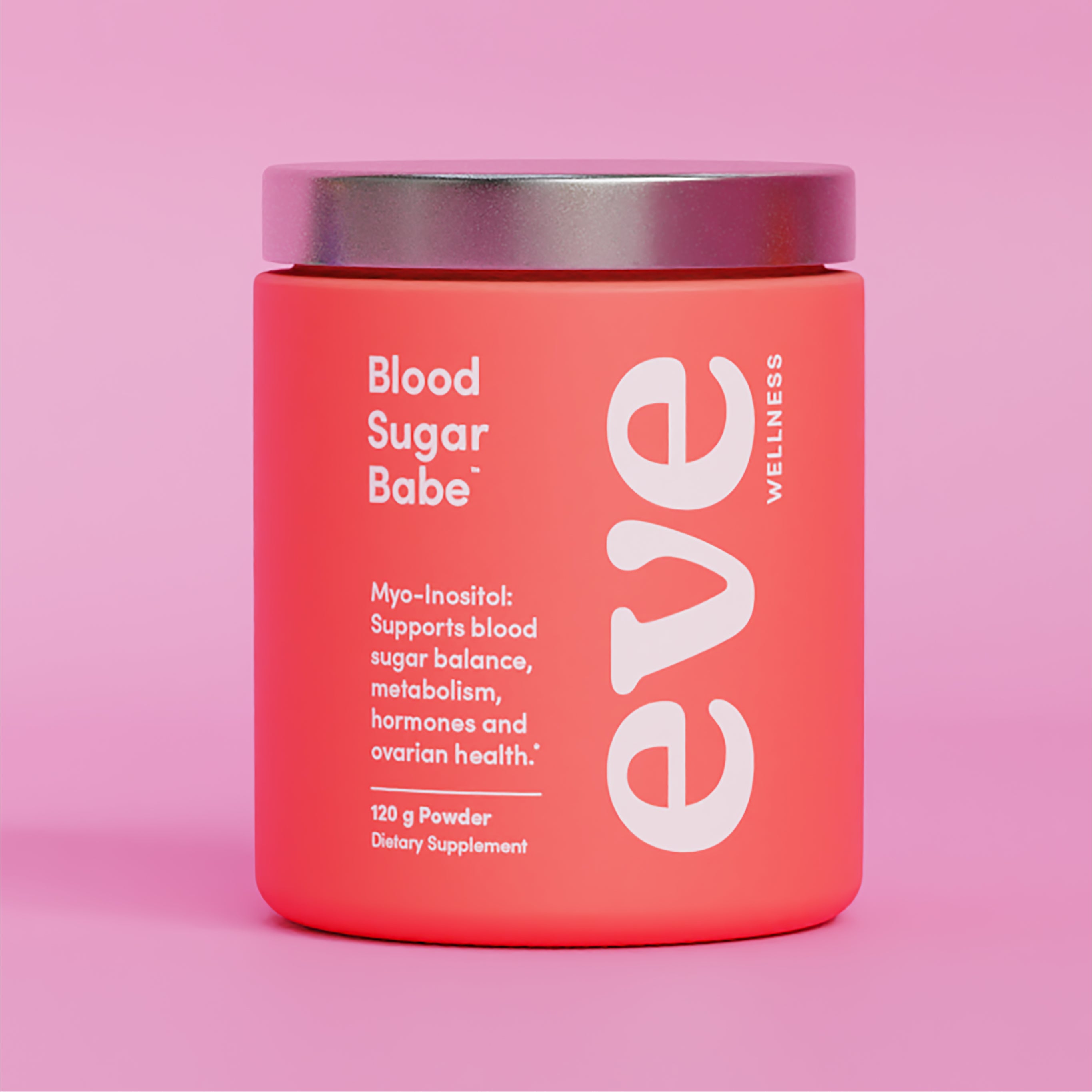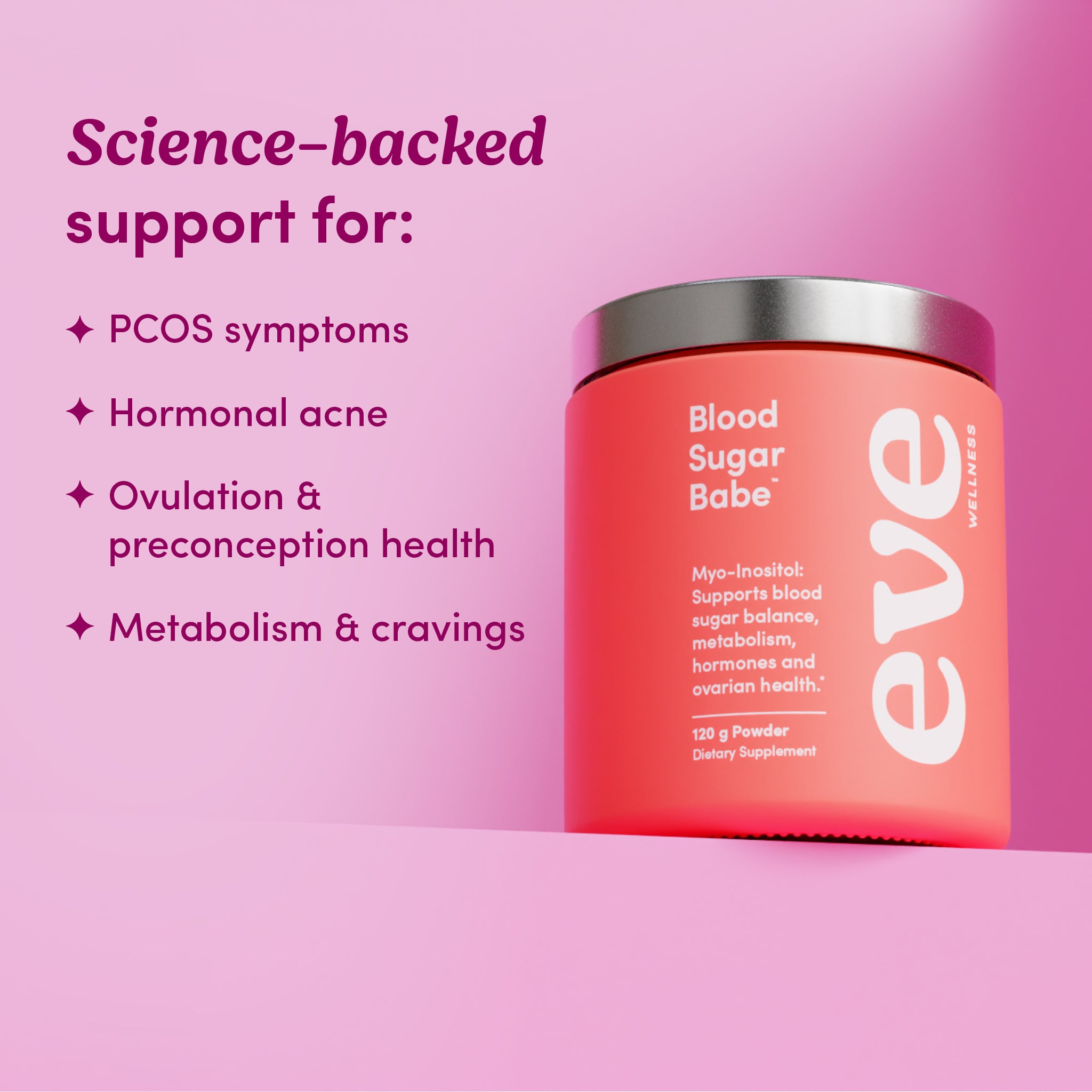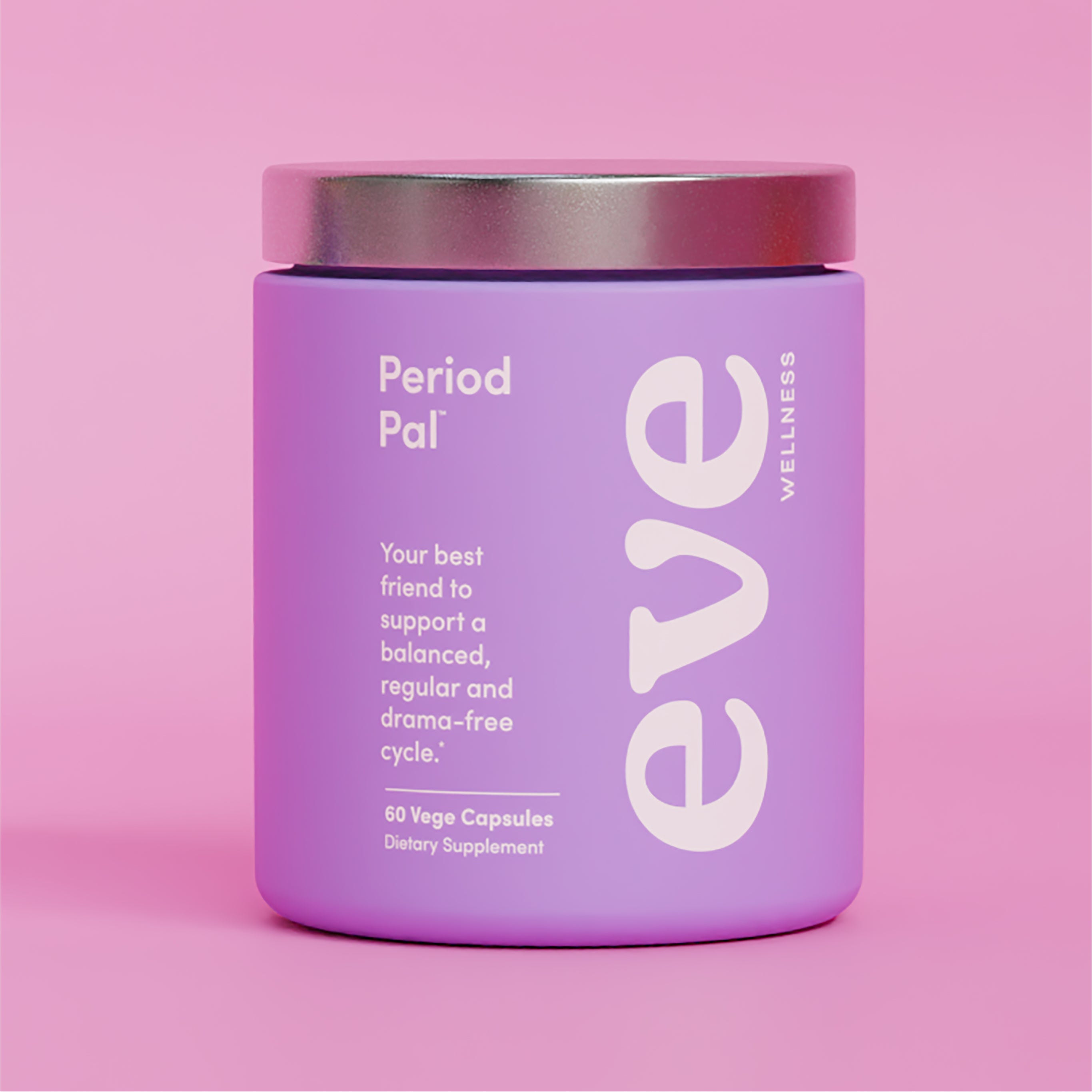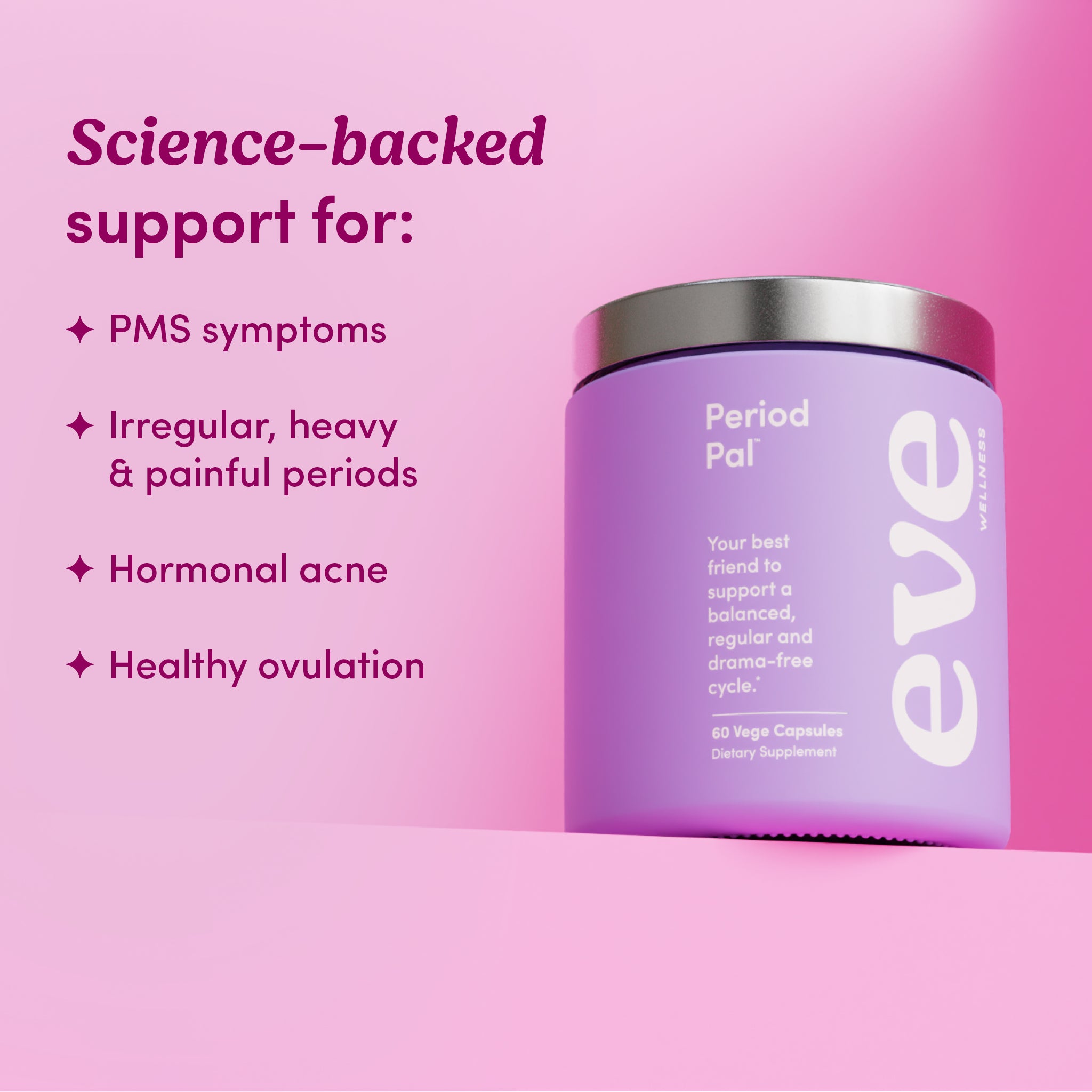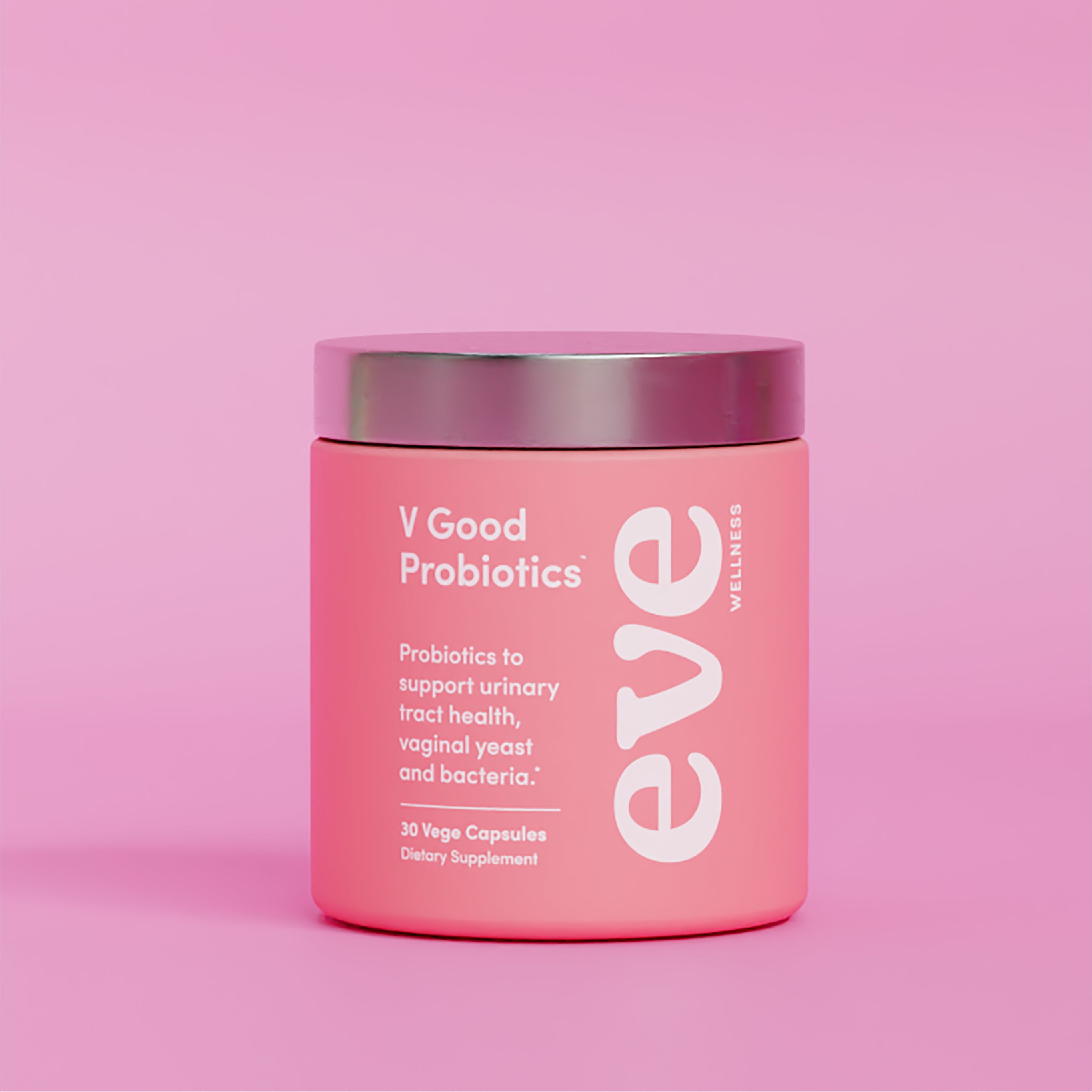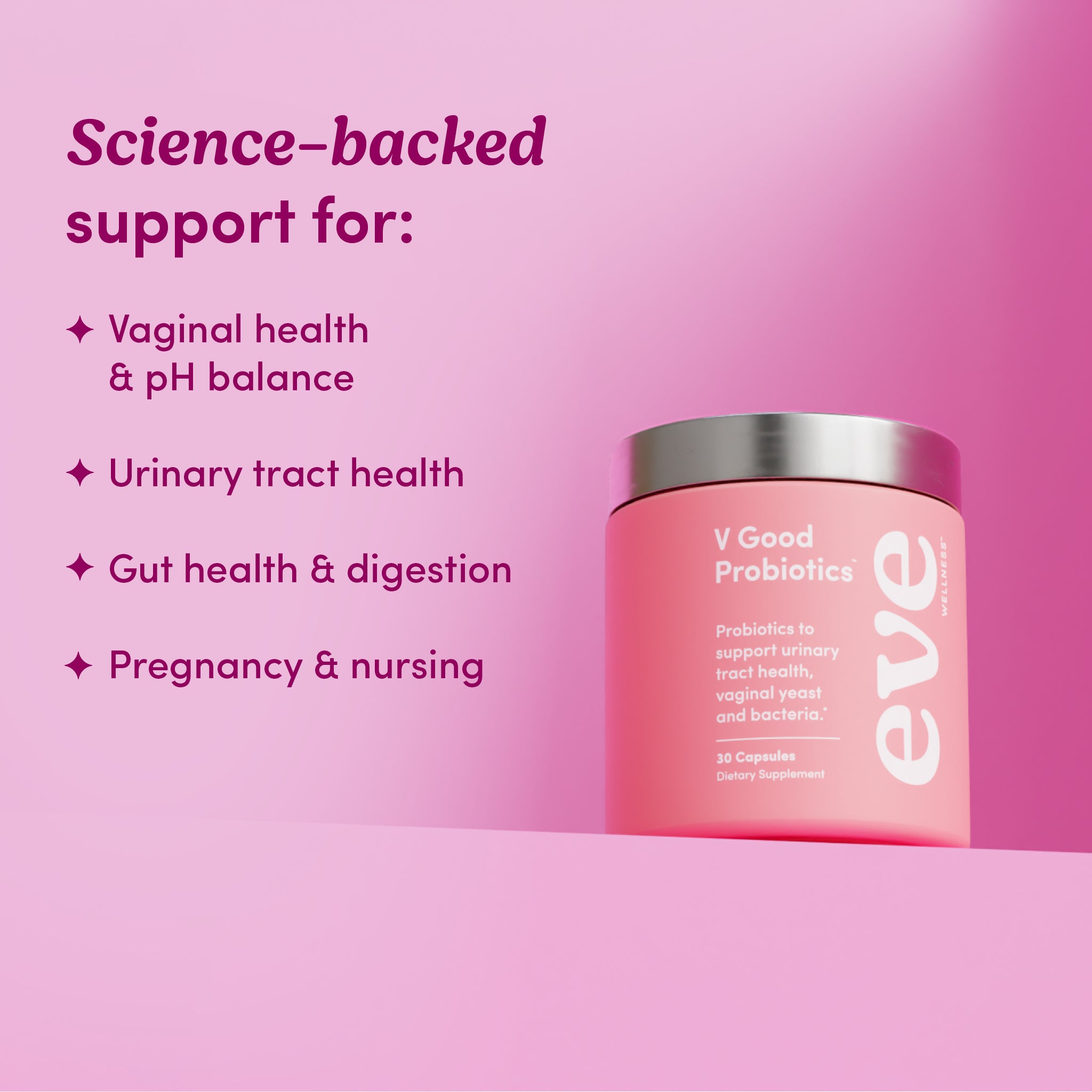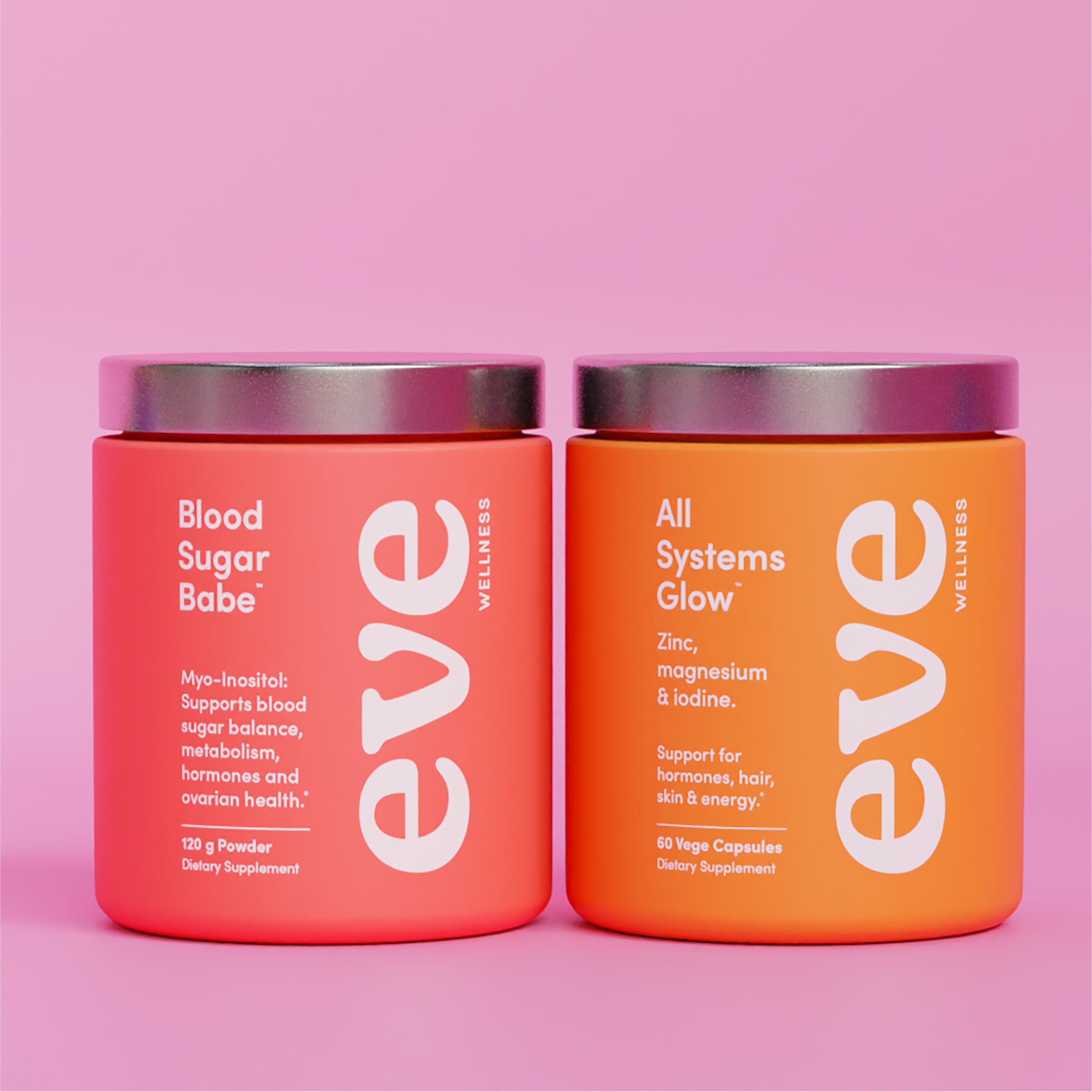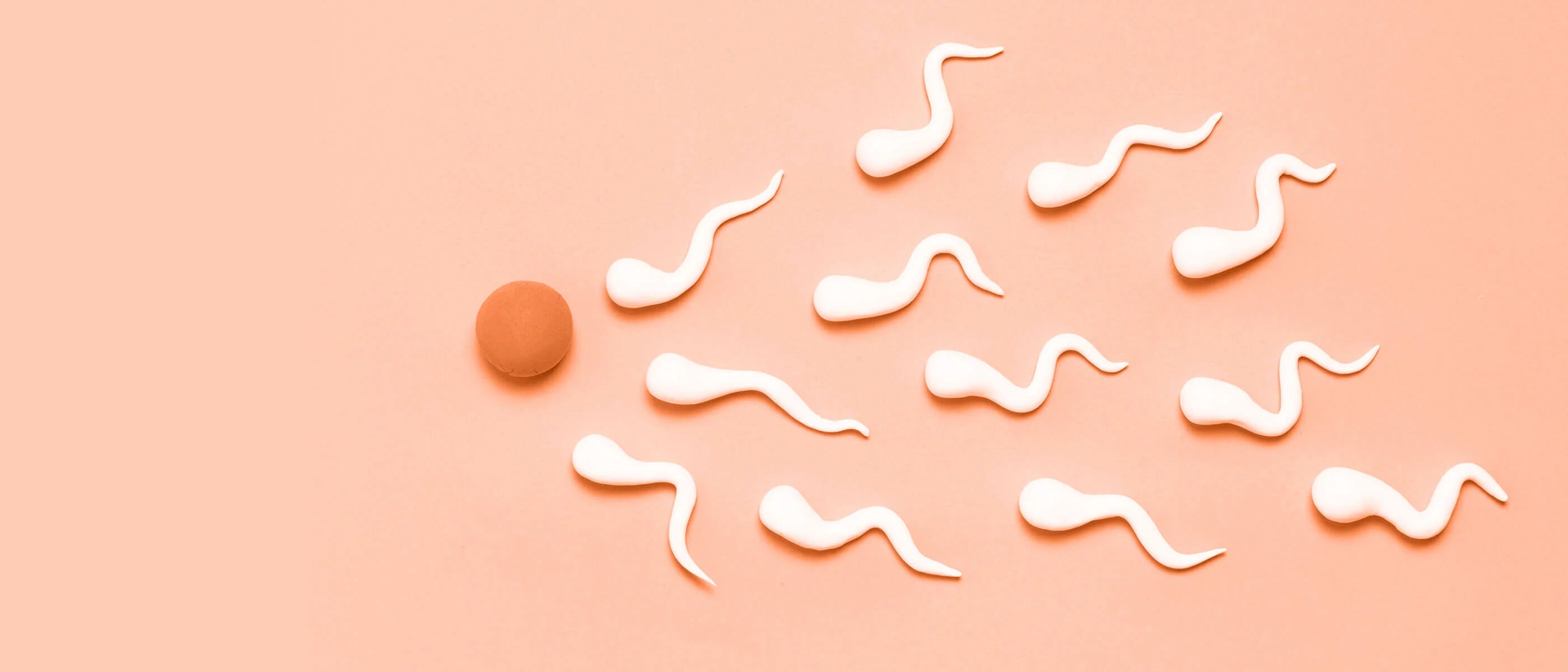As per basic human biology, to get pregnant we need an egg and a sperm; and they need to meet. However, for many couples, this process isn’t quite as straightforward as it sounds.
To have an egg, we first need to ovulate, and to ovulate, we need our sex hormones to be beautifully balanced and in sync with one another.
We then need strong, healthy sperm to reach the egg. Hormones are super important here too.
And finally, our uterine lining needs to be thick and stay in place long enough for a fertilised egg to make itself at home. You guessed it, our hormones look after this too.
If you’re keen on the science:
- In the first few days of the menstrual cycle, low oestrogen tells FSH (follicle stimulating hormone), to make ovarian follicles grow.
- These developing follicles then produce oestrogen in the ovaries.
- This oestrogen thickens the lining of the uterus, making it nice and cosy for an embryo.
- As oestrogen levels rise, the brain chooses one main egg to keep growing, which will be released into the fallopian tubes.
- Provided oestrogen stays consistently high for about 30-40 hours, LH (luteinizing hormone) spikes, triggering a release of the egg out of the ovary within 10-12 hours.
- This is ovulation. Oestrogen has done its job and progesterone takes over from here.
Low Oestrogen
Essentially, oestrogen makes things grow. It is crucial for fertility as it is the hormone that thickens our uterus lining and drives ovulation.
When oestrogen levels are lower than optimal, ovulation might be patchy month-to-month, or you may not ovulate at all. Low oestrogen levels may also prevent the lining of the uterus from thickening enough for an embryo to implant. Both of these can contribute to infertility in women.
Lower oestrogen levels may be the result of:
- Menopause
- Excessive exercise
- Being underweight or having very little body fat
- Thyroid disorders
- A poorly functioning pituitary gland
High Oestrogen
Oestrogen is essential for ovulation and fertility, but more isn’t always the answer.
Higher oestrogen is common in both endometriosis and PCOS (polycystic ovarian syndrome), two of the most common medically diagnosed conditions that affect female fertility.
Endometriosis is not a hormonal condition itself, but we know that oestrogen helps to grow the inflammatory tissue that causes pain and affects fertility.
In PCOS, high testosterone is often converted into oestrogen, leading to higher estrogen or oestrogen dominance. As a result, those with PCOS can have trouble with absent or irregular periods, and may ovulate infrequently or not at all. Naturally, this can make it much more difficult to get pregnant.
Higher oestrogen in men is also a problem when it comes to fertility, leading to erectile dysfunction and penis shrinkage (yes you read that right).
Higher oestrogen levels can be the result of:
- Exposure to oestrogen mimicking chemicals in our environment (think beauty products, cleaning products, pesticides and other toxins);
- Poor gut health and digestion;
- Sluggish detoxification pathways, including the gut and liver;
- Poor nutrition and nutrient deficiencies.
Low Progesterone
After ovulation, we get a lovely surge in progesterone, which either tells the uterine lining to shred (hello period), or whether to stay and nurture a developing pregnancy.
Progesterone is our “pro-gestation” hormone that aids development of the fetus throughout pregnancy and helps your body to use its fat reserves for energy, it’s kind of a big deal when it comes to fertility.
When progesterone is lower than optimal, it’s a fairly good sign that you aren’t ovulating, making it impossible to get pregnant (no ovulation = no egg = no baby).
Even if you are ovulating, lower progesterone can make it difficult for your body to stay pregnant.
In a luteal phase defect, progesterone doesn’t quite reach the level it should after ovulation and sheds the uterine lining earlier than we would like. This means that even if there is a fertilised embryo, it doesn’t get a chance to implant into the lining, a process that takes around 7 days.
Low progesterone can be caused by
- Not ovulating
- Stress
- Excessive exercise
- Undereating or restrictive diets
Low Testosterone
Yes, women have testosterone too and scientists tend to agree that it is super important for female fertility.
Research suggests that testosterone plays a crucial role in follicular development, preventing follicles from dying before they can mature. Additionally, testosterone makes ovarian cells more sensitive to FSH (follicle-stimulating hormone), helping the follicles to grow and produce oestrogen.
Testosterone has been proven to be so beneficial in female fertility (in the right quantities), that it is even used in some cases of IVF treatment.
Testosterone in women is also essential for sexual desire and satisfaction. It goes without saying that this is pretty useful when it comes to baby-making.
As you might expect, lower than optimal testosterone also affects male fertility, leading to decreased sex drive, erectile dysfunction and low sperm count. Scientists have found that sperm counts in the western world have dropped more than 50% in the past 40 years and the rate of decline is showing no signs of slowing. The decline is likely due to increased oestrogen and decreased testosterone due to lifestyle and environmental factors.
High Androgens
Androgens are a group of hormones that include testosterone and its metabolites, DHEA-S, DHEA and androstenedione. In women, these are produced in the ovaries, adrenal glands and fat cells.
While low testosterone can affect fertility, having too much testosterone (or other androgens) can make things difficult as well - a common theme when it comes to hormones!
High androgens in women is commonly associated with excess insulin, which impairs ovulation and tells the ovaries to make testosterone instead. This is a major cause of PCOS, characterised by weight gain, irregular or absent periods, acne, unwanted hair growth and infertility.
In a nutshell, if pregnancy is something you’re hoping to welcome into your world soon or at some point in your life, it’s certainly worth taking a look at how each of these precious hormones are sitting at in your body. As you can see, they all play a crucial part for both men and women in fertility.
